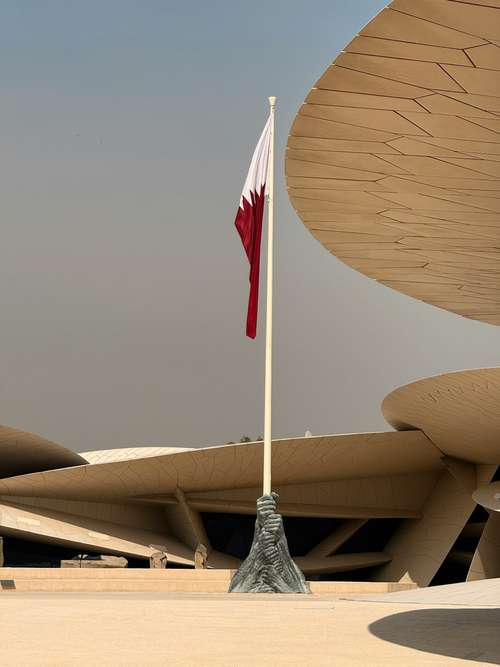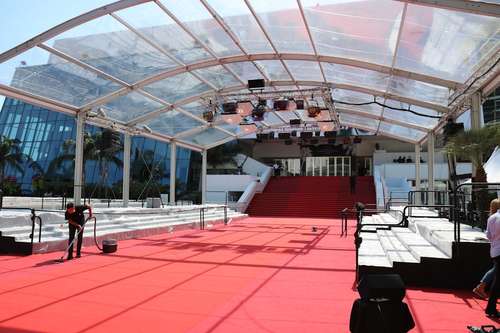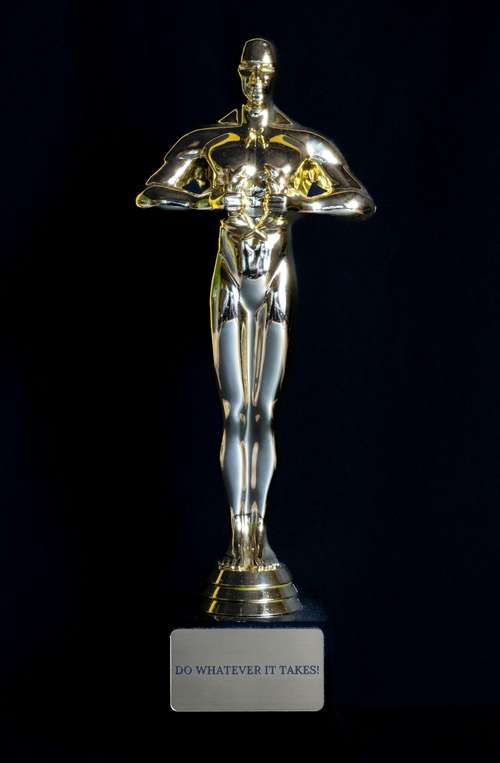The decision sent shockwaves through both the sports and gaming communities. The International Olympic Committee (IOC) has officially canceled the planned Esports Olympic Games in Saudi Arabia. What started as a groundbreaking collaboration aimed for a 2024 debut has now been halted after an intense review of the partnership. It’s not every day you see the IOC make such a bold move in relation to the booming world of competitive gaming.
While the cancellation might seem abrupt to some, it highlights a deeper strategic shift by the IOC. The committee wants to ensure that every event under its wing remains true to the long-term ambitions of the Olympic Movement. It’s a decision that has certainly raised questions and sparked wider debates among fans of gaming and international sports alike.
The Rationale Behind the Cancellation
The IOC canceling the Esports Olympic Games in Saudi Arabia has left many wondering why the partnership was called off. At the heart of the decision was a rigorous review of the collaboration’s alignment with Olympic values and future planning. The move is not simply about logistics; it’s about the IOC rethinking its engagement with the Esports community as part of its broader mission.
The review involved a detailed analysis of how esports competitions line up with traditional Olympic principles such as fair play, international cooperation, and sportsmanship. With Saudi Arabia as the venue, there were concerns about whether the event could fully embody these fundamental values. In response, the IOC made a tough call to cancel the event and, instead, focus on developing a new approach to organizing esports competitions in the future.
This decision isn’t a rejection of the gaming world altogether but rather an attempt to recalibrate. It reflects the IOC's commitment to ensuring that any Esports events under their purview resonate with their long-term goals. As one might think, the stakes are high – it’s all about ensuring that sports, whether virtual or physical, share a consistent ethos.
Impact on the Esports Community
The cancellation has naturally left gamers and industry insiders talking. How do you react when a major event gets scrapped so suddenly? Many in the Esports community have expressed mixed feelings. While disappointment is palpable among fans, others see it as an opportunity for change and innovation in how Esports are organized and perceived on the international stage.
For many gamers, the Esports Olympic Games were supposed to be a pinnacle moment—an event that would bring together top talent from around the world in a celebration of digital competition. Instead, the cancellation means that this particular vision will have to be reimagined. It’s a reminder that even in the rapidly evolving world of gaming, tradition and modernity must sometimes be balanced with the wisdom of past experiences.
Furthermore, this cancellation might also prompt a broader discussion on the role of Esports in global events. It forces industry stakeholders to reexamine how digital competitions can be molded to distinctly reflect the values and integrity that the Olympics represent. It’s a shake-up that many believe could lead to better, more inclusive competitions in the future.
Reactions from the Gaming Industry and International Sports
The reaction to the IOC decision has been loud and clear among both gaming communities and traditional sports institutions. The international news cycle quickly picked up on the decision, with many analysts describing the move as cautious yet visionary. Everyone from professional gamers to industry executives is now watching closely to see what comes next.
At various international sports events, the notion of including Esports has been increasingly supported. But the challenge has always been to match these events with the historical depth and widespread appeal of traditional sports. From interviews on leading sports networks to discussions on social media, experts and enthusiasts alike are talking about how best to integrate the innovative world of Esports with the timeless spirit of the Olympics.
The cancellation also raises questions beyond just event planning. What does it mean for the future of Olympic inclusivity? Will Esports ever be fully embraced as Olympic sport? While these questions linger, the consensus seems to be that the current cancellation is merely a stepping stone. The IOC is signaling that there is room for improvement and that future Esports competitions might arise that better mirror the competitive spirit the Olympics have always championed.
For instance, some industry insiders have shared insights on how newer formats of competitions could potentially leverage modern streaming technologies while ensuring rigorous standards of fairness and order. Although the cancellation might seem like a setback, many believe that it has actually sparked essential conversations about the future of competitive gaming on the global stage.
Looking Ahead: The Future of Esports in the Olympic Arena
The cancellation does not spell the end for Esports in the Olympic context; rather, it marks a transformative pause. The IOC has expressed a desire to develop a new framework for Esports events—one that more closely aligns with the enduring traditions and aspirations of the Olympic Movement. This outlook is welcomed by many who see the integration of gaming and traditional sports as both inevitable and exciting.
It’s like the committee is taking a step back to reassess the blueprint of an event that never happened. The aim is to create a platform that not only celebrates digital prowess but also reinforces international unity and sportsmanship. The IOC is in the process of consulting with a broad spectrum of experts from the Esports community, traditional sports figures, and regulatory bodies to craft this new strategy.
If you think about it, the move underscores the complexities of merging two very different worlds. Traditional sports have decades, if not centuries, of history behind them, while Esports is a modern phenomenon that has exploded onto the scene in recent years. The IOC aims to create a bridge between these two, ensuring that competitions reflect both innovation and well-established values.
This recalibration might take time, but it is a necessary evolution. The world of gaming is dynamic, and changes like these, although jarring at first, often lead to more robust and forward-thinking competitions in the long run. The IOC decision, therefore, serves as a call to action for the entire international sports and Esports community to work together towards an inclusive and inspiring future.
In the end, while the immediate cancellation is disheartening to many, it may well pave the way for a new era of Esports events that better honor both the competitive spirit of gaming and the cherished traditions of the Olympics. It remains to be seen how this new phase unfolds, but one thing is certain: the conversation around integrating Esports into the global sports arena is far from over.
With ongoing debates and discussions across multiple platforms, one can only watch with anticipation as the next chapter in the Esports and Olympic saga begins to take shape. After all, innovation often comes hand in hand with disruption.




